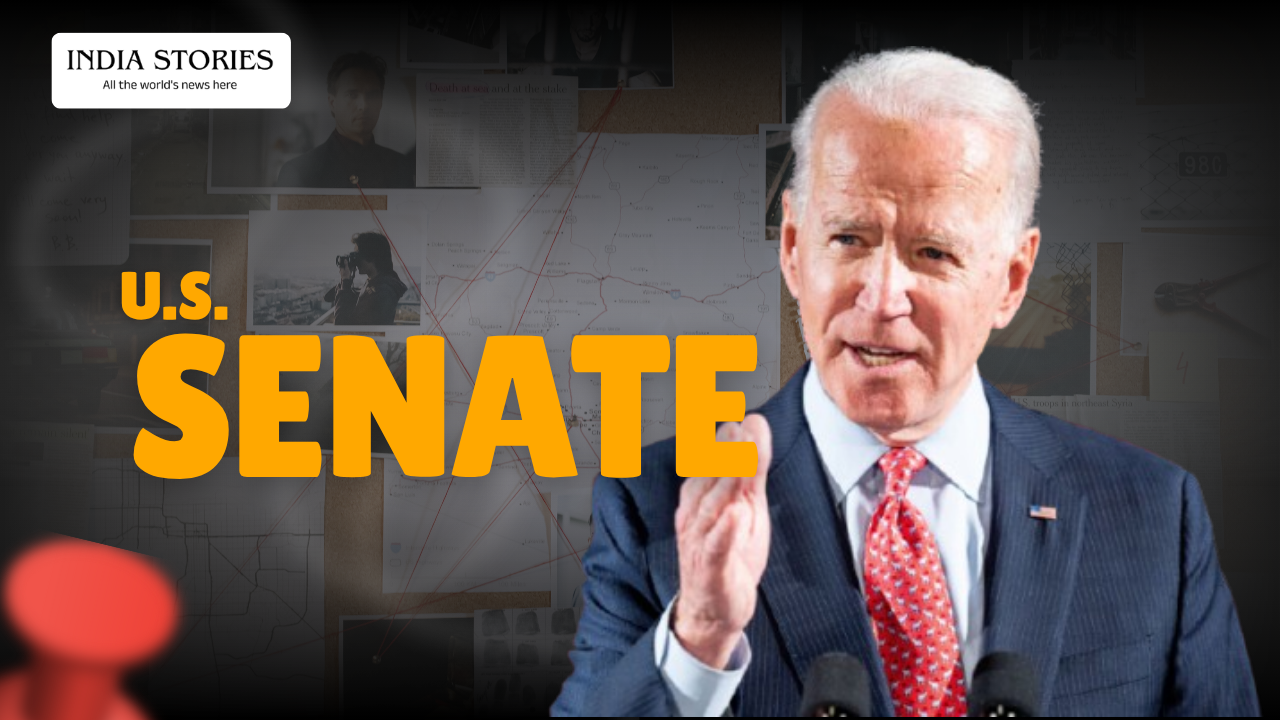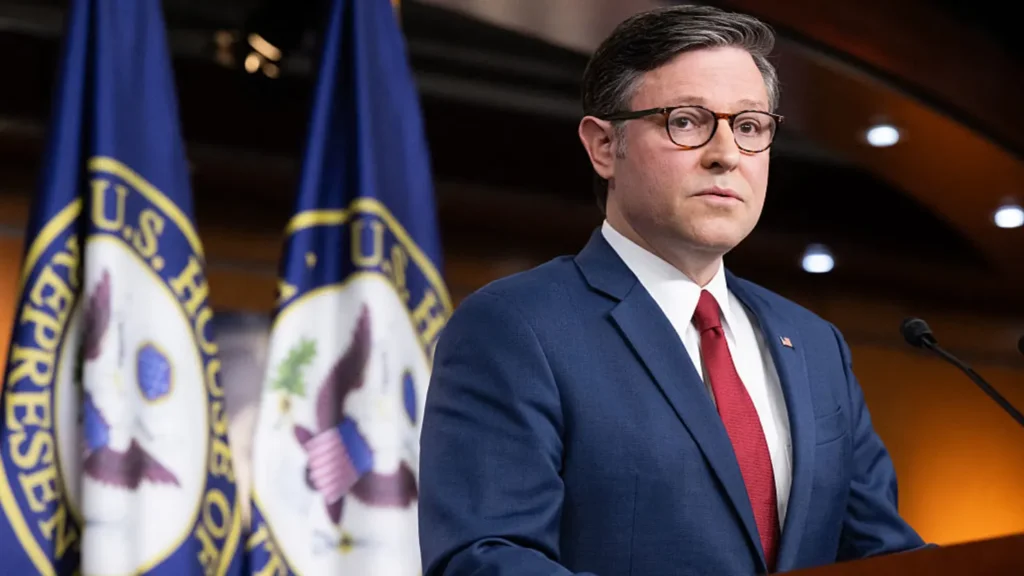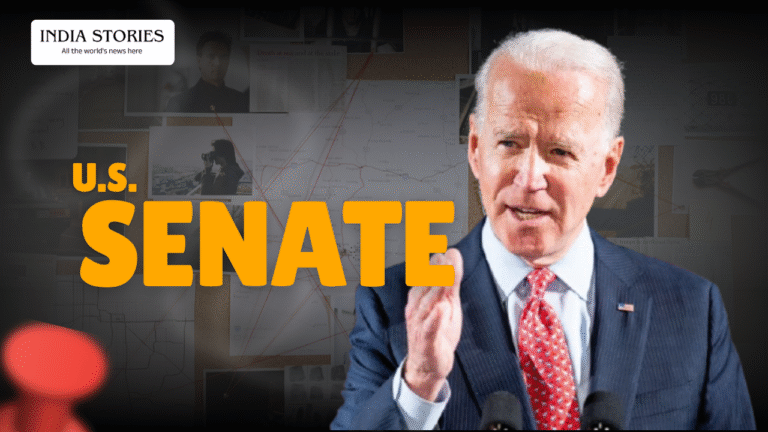
The U.S. Senate has finally passed a bipartisan bill to reopen the government after the longest shutdown in history. The bill provides funding through January, protects federal workers’ pay, provides support for food programs and sets the stage for a new debate on Affordable Care Act subsidies — a key issue between Democrats and Republicans.

Senate ends historic shutdown
In a major move late Monday night, the U.S. Senate passed a bill to fund the federal government through January, officially ending the longest government shutdown in American history.
The bill passed by a 60-40 vote, with support from nearly all Republicans and a handful of moderate Democrats. It now heads to the House of Representatives for final approval.
What’s next for the bill?
If the House passes the resolution, it will go to President Donald Trump, who has already said he supports the deal. Once signed, it would officially end the shutdown that began on October 1 – which has lasted more than six weeks.
Trump’s support and negotiations
President Trump expressed his approval early Monday, noting that the agreement was the result of weeks of negotiations between Senate Republicans and a group of moderate Democrats.
The settlement aims to normalize government operations while also addressing funding disputes that led to a record-breaking shutdown.
House Speaker Mike Johnson’s Role
House Speaker Mike Johnson (R-La.) urged GOP lawmakers to return to Washington, D.C., for a vote on the deal Wednesday. He told members that voting could begin as early as 4 p.m. ET.
However, Johnson refused to accept one of Democrats’ key demands — a December vote to extend enhanced Affordable Care Act (ACA) subsidies.
“I’m not committed or committed to that,” he said in an interview with CNN.
Debate over ACA subsidies
ACA subsidies, which expire at the end of December, help more than 20 million Americans buy health insurance. Democrats are pushing hard to keep these subsidies until 2026, arguing that losing them would increase health care costs for millions of families.
Democrats’ Resistance and Schumer’s Criticism
Until the Senate reached this new compromise, most Democrats refused to reopen the government because the original House bill did not include an ACA tax credit extension.
U.S Senate Minority Leader Chuck Schumer (D-N.Y.) strongly criticized the deal on Sunday, saying it failed to ensure that affordable coverage would continue long-term.
What the deal provides
- The Senate agreement will:
- Fund the federal government through January
- Reverse all layoffs caused by the shutdown
- Guarantee back pay for all federal employees
- Fund the SNAP (food stamp) program through September
- Start a bipartisan budget process to reduce the risks of future shutdowns
- Limit the use of “continuing resolutions” (CRs), which temporarily extend funding without long-term planning.
Why it matters
In addition to reopening federal offices, the deal provides relief to millions of Americans.
The SNAP program, which helps provide food to about 42 million people, will continue through September.
Under federal law, federal workers who have been without pay for weeks are guaranteed full pay “as soon as practicable.”
What’s next
With Senate approval, attention now turns to the House of Representatives.
If the House passes the proposal, the bill will go to President Trump’s desk – marking the end of a historic stalemate that tested Washington’s political stamina and the resilience of millions of Americans affected by the shutdown.




